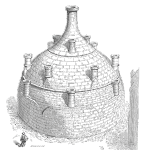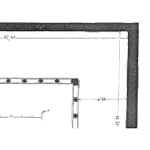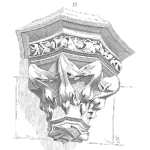
Guest Post by Malcolm Peart (first posted on CERM ® RISK INSIGHTS – reposted here with permission)
A project controls colleague of mine recently wrote:
“Really, I never had to deal with delivery directors / managers who did not understand or appreciate the effort which goes behind a digital data fed dashboard”
Sarcasm, according to Oscar Wilde, may be the lowest from of wit but it’s the highest form of intelligence. While being humorous at the expense of those who demand dashboards it’s a sad truth that most demanders have no idea as to the effort required in producing a dashboard. For them dashboards can be instantly tailored to any whims or fancies at the flick of a switch or the stroke of a key on a keyboard.
[Read more…]











